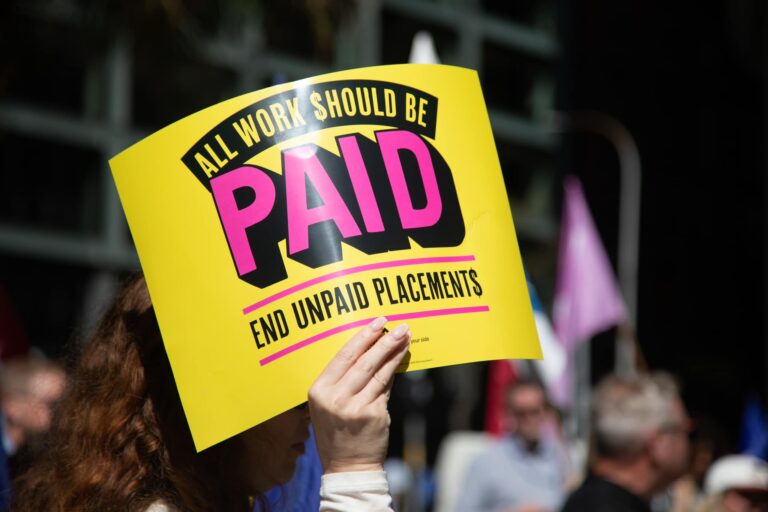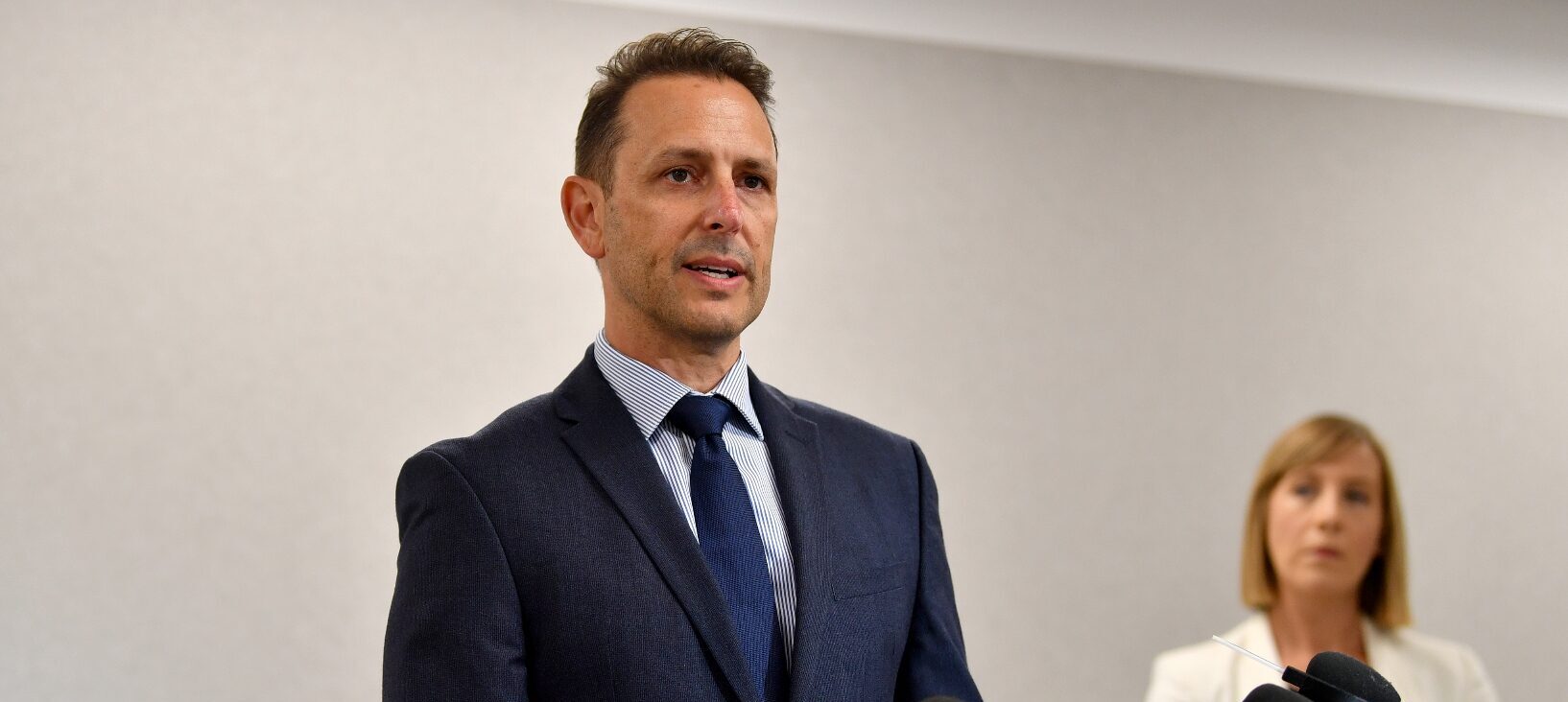
E-waste on the agenda
BY EMMA KEMP
The Federal and state governments are being pressured to fast track a national scheme for recycling Australia’s growing pile of electronic waste.
The television industry, local government and Green groups have called on these governments to coordinate a national program for dealing with “e-waste”, a problem they say is spiralling out of control.
At an Environmental Protection and Heritage Council (EPHC) meeting on November 7, Ministers acknowledged the environmental importance of recycling electronic waste products, but said some large players in the industry were avoiding taking responsibility for their waste.
Problems associated with landfilling end of life televisions and computers and the benefits of recycling them, identifying options for tackling the environmental problems created by disposal and analysing the costs and benefits of each possible solution,’ the EPHC’s statement said.
‘A key aim of this work is to establish whether the problems caused by end of life televisions and computers are significant enough to justify government intervention in the market and if so, to find the most efficient and effective approach to achieve this.’
But executive officer of Product Stewardship Australia, John Gertsakis, said the television industry has been holding up their end of the deal.
‘The television industry has done the right thing by the community, but governments are resisting a national scheme,’ Mr Gertsakis said. ‘Since 2005 we’ve allocated significant time and resources into developing a permanent collection and recycling program for end-of-life televisions.
‘Environment ministers effectively hold the key to TV recycling in Australia, yet no decisive action has been taken by Ministers to enact sensible regulatory intervention.’
There are an estimated 24 million computers in the Australian marketplace, with that figure increasing each year as more electronics are bought and discarded at a higher rate. Currently, 97 per cent of this disused ‘e-waste’ goes to landfill.
If 75 per cent of the 1.5 million televisions that are discarded annually were recycled, approximately 23,000 tonnes of CO2 equivalents, 520 mega litres of water, 400,000 gigajoules of energy and 160,000 cubic metres of landfill space would be saved nationally. It is likely that computer recycling would generate similar or even greater benefits.
Executive director of Total Environment Centre, Jeff Angel, said the continuing delays for government action are frustrating.
‘We understand the ministers have to go through the right processes but it seems the bureaucracy keeps putting up obstacles,’ Mr Angel said. ‘There are some real anti-regulation forces at work which are happy that millions of computers and TVs keep being sent to landfill.”
Chief executive of the Australian Information Industry Association, Ian Birks, said a regulatory framework will be crucial to creating a successful industry-based end-of-life product recycling scheme for the ICT sector in Australia. He said for regulation to be effective it must be universally applied at the Federal level.
As part of National Recycling Week, The City of Sydney held an electronic waste drop off day on Sunday November 16 at the Bay St Depot in Ultimo.









